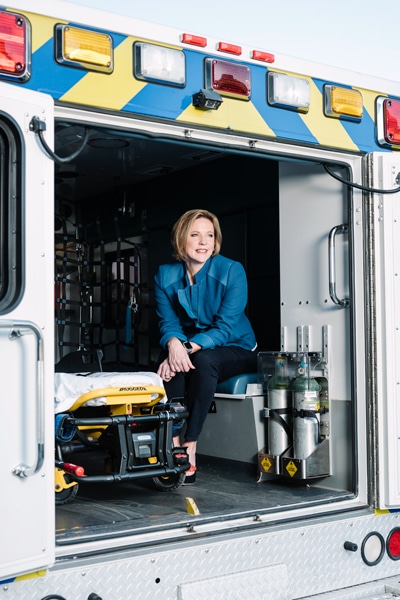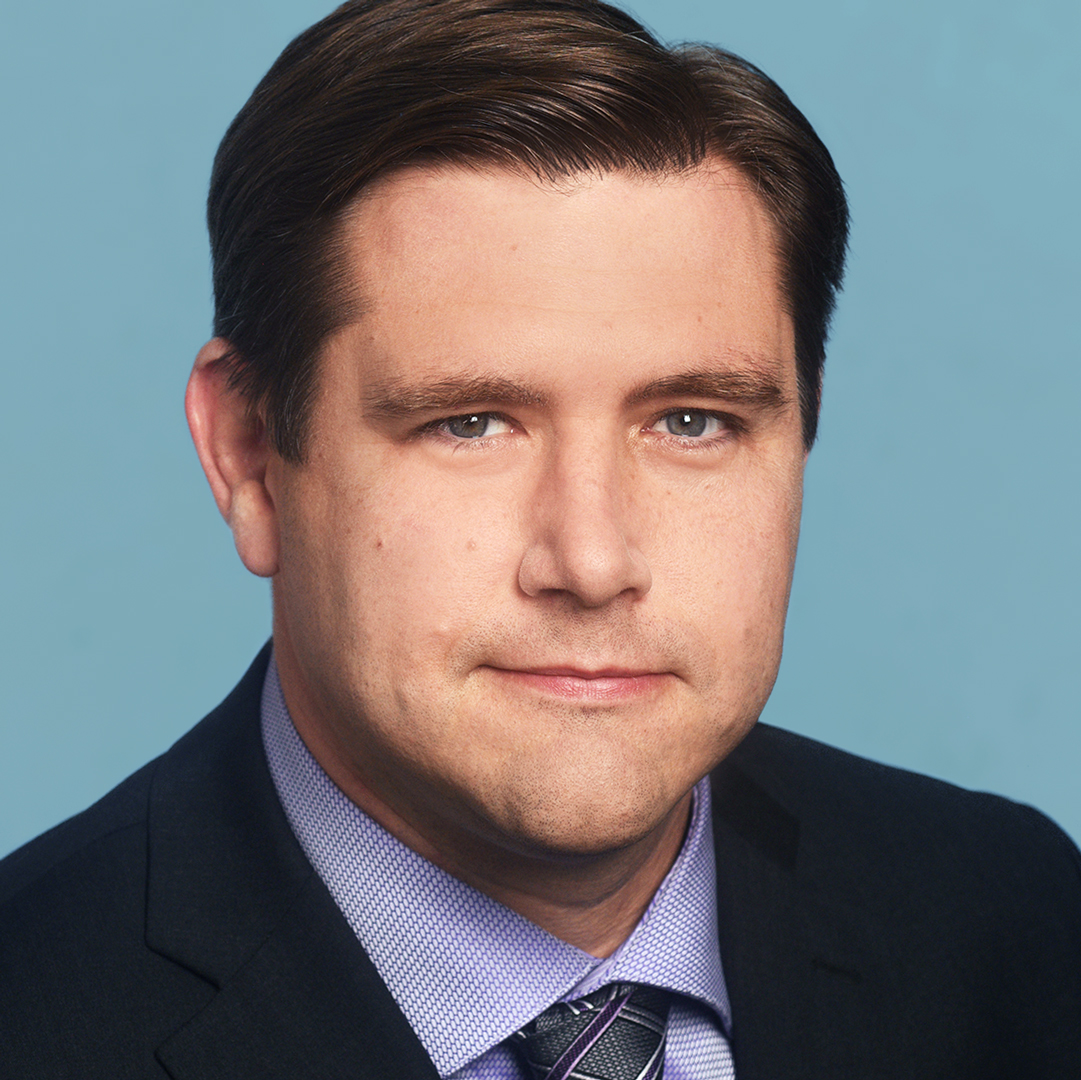Whether she knew it or not, Lisa Jacoba provided the most appropriate soundtrack possible while discussing her role as chief human resources officer for Global Medical Response (GMR), an organization that provides emergency and patient relocation services in the United States and around the world. During the course of her interview, there were at least ten pings of incoming messages. These urgent messages highlighted not just the challenges HR professionals face when operating in the emergency healthcare space but also the unique issues they are contending with as they seek to serve patients during one of the most severe public health crises in history.
As if those challenges weren’t enough, take into account that Jacoba was barely a year and half into her first healthcare-supporting role after a lengthy HR career in financial services support. Throw in the continuing efforts of integrating the 2018 merger of Air Medical Group Holdings and American Medical Response to operate under GMR’s umbrella, and one could say Jacoba has her hands full. Luckily, the CHRO is well versed in operating in challenging circumstances, and adapting to a new industry is something she’s taken in stride.
No Matter the Industry
Having overseen HR operations not only in multiple sectors, but in multiple countries, the CHRO has found a through line that keeps her grounded in her new role. “Whether it’s financial services, manufacturing, or now healthcare, most people want the same things,” Jacoba explains. “They want to be treated fairly. They want to be paid fairly and to be recognized for the contributions they make to their business. It really transcends most, if not all, industries.”

Jacoba says that her role in helping reintroduce a newly spun-off Western Union to the public and to its employees in 2006 was where she learned most about helping shape company identity and the perpetual cycle a motivated workforce can bring to creating culture, and vice versa. It was also a chance to develop HR practices almost entirely from scratch.
She spent three years in London while with Western Union. Even an ocean away, she found that the employees she was supporting, obvious cultural differences aside, were still all striving for the same considerations. “It just motivated me to follow those fundamental golden rule principles,” Jacoba says. She intended to bring these experiences to her role at GMR, where she focuses on similar efforts.
One of Jacoba’s other innate qualities has come in handy while taking on a new industry. “I’m just a naturally curious person, and I’m not afraid to ask questions,” the CHRO says. “Everyone at GMR has been very patient as I’ve learned the healthcare industry, the terminology, and our complex business. I’ve tried to spend a lot of time just educating myself about healthcare.”
The Best of Both Cultures
The 2018 merger between Air Medical Group Holdings and American Medical Response involved the joining of one of the largest ground ambulance companies with one of the largest air ambulance services to form Global Medical Response. In theory, it’s the best of both worlds and a perfect pairing of complementary emergency services with managed transportation, along with community, industrial or specialty, and wildland fire services. But that doesn’t mean the merger was easy.
“Some of the challenging circumstances I’ve faced in my career is part of the reason I was brought in to help support this integration,” Jacoba says. “Our HR focus has been to make sure that we’re looking at the best practices of both of these companies and finding the right balance between the two. Rather than telling one side to adapt to a whole new operational model, we want this to be a merger of equals. That approach will serve us best in the future.”
“Most people want the same things. They want to be treated fairly. They want to be paid fairly and to be recognized for the contributions they make to their business. It really transcends most, if not all, industries.”
Those HR practices and integrations are ongoing. On the backend, it meant mammoth system integration efforts: HRIS systems, recruiting platforms, and consolidating all the benefits programs. The first year, the companies were allowed to work fairly autonomously as GMR prepared to merge systems, culture, and operating models. Now, those efforts are moving forward amid the pandemic.
Frontline Support
The COVID-19 pandemic, challenging for any industry, has been particularly so for GMR, given that the bulk of its employees are on the very front lines of healthcare. Jacoba says she’s proud of how the organization has supported those working in some of the most difficult circumstances they’ve ever faced.
“We continue to try to figure out the best way to support our frontline workers,” Jacoba says. “We currently offer financial support for childcare, and we’ve had to put so many new policies in place for those workers who have had to quarantine, self-isolate, or have contracted COVID due to their job duties.”

Like many other companies, GMR has also established new policy and guidelines for its support teams working from home—and, wherever necessary, for the safe return of those employees to the workplace.
When GMR was asked to provide new services related to COVID-19 that they had not provided in the past, the HR team was tasked with partnering with the business to essentially help create these new service offerings. “The pandemic has brought about new needs for our communities, and I’m proud we’ve been able to respond,” Jacoba says.
Jacoba also says she’s greatly heartened by the support she’s seen for reimagined conversations on racial justice and the social justice movements that reached a fevered pitch during the pandemic.
“At GMR, we truly value the diversity and unique qualities that every team member brings to the job. All employees and our patients should be treated with the dignity and respect they deserve. We’ve become even more sensitive to the urgency of the conversation and the actions we must take,” Jacoba says. “We’ve kicked off new diversity and inclusion endeavors, and HR is helping lead the way.”


